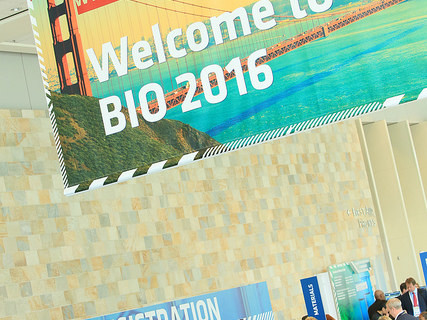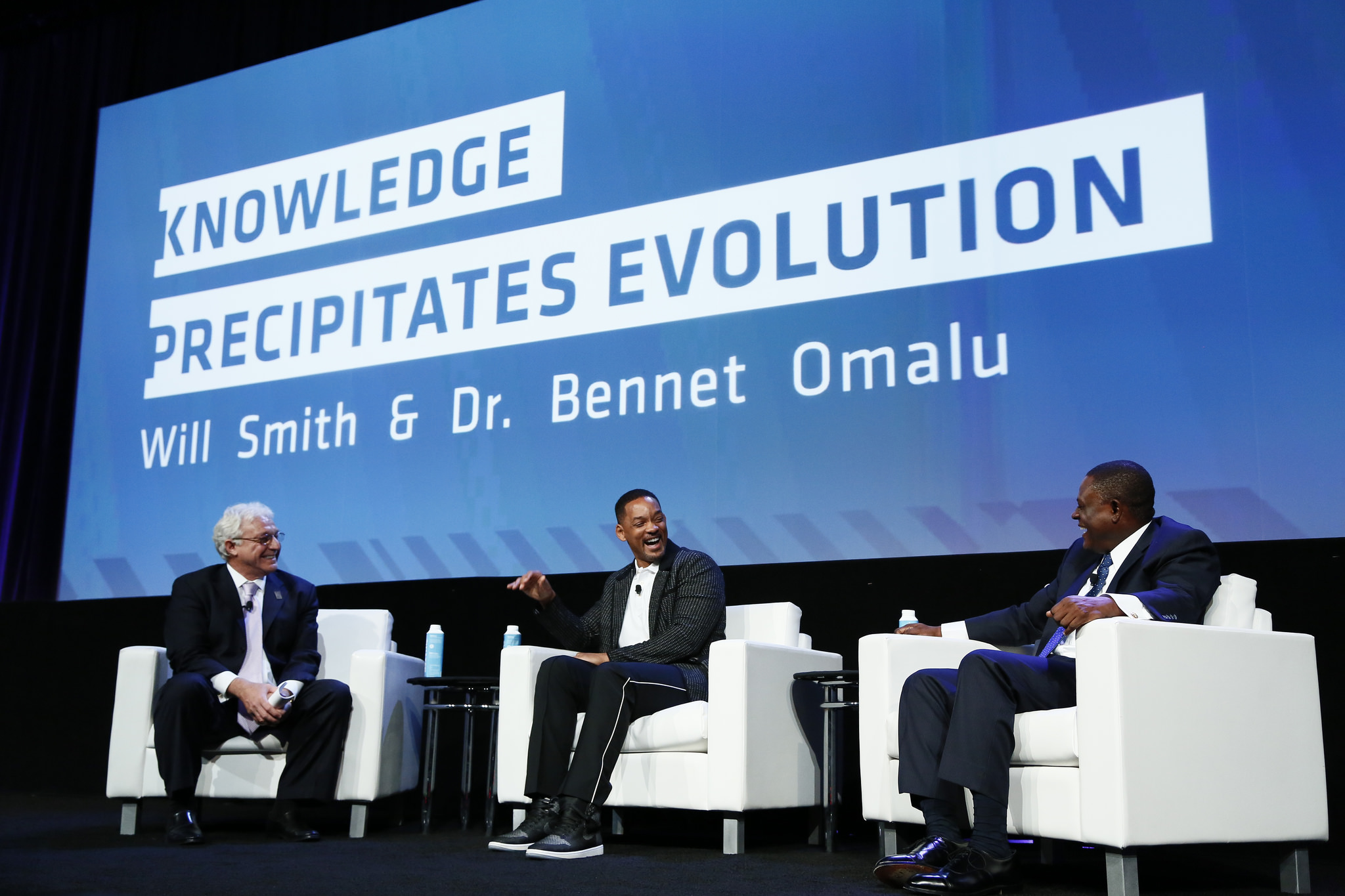
BIO 2016 Annual Convention – A Summary of Highlights
Last month, the International Biotechnology Innovation Organization (BIO) Annual Convention was held in San Francisco. BIO 2016 covered all areas of biotechnology including healthcare, agriculture, industrial and environmental applications.
Keynotes
Tuesday’s keynote began with an inspirational talk given by Ron Cohen, M.D., Chairman of the Board, BIO and President and CEO Acorda Therapeutics. In the talk he discussed the opportunities and challenges of working in the biotech healthcare industry. He talked about the unprecedented pressures that the industry is now under and how as an industry we need to educate the public about what it is that we do.
He shared several stories of therapeutic successes that the industry has achieved over the years and then he presented the other side of the coin, which were the failures. He went on to share his own story of Acorda Therapeutics and their drug Plumiaz for treatment of seizure clusters that failed in clinical trials. He said that while as an industry we are excited and proud of the cures we have developed, our record of extending lives, and improving the quality of life for patients, “90% of the time or more what we work on fails.”
He then went into more detail on the specifics of what happened with Acorda’s Plumiaz. He told the audience how his 600 or so employees were in mourning because the work was so personal and what made it even more personal is that one of their employee’s son had this diagnosis. In fact, he said that the family was scheduled to come and speak to the company about their experiences with seizure clusters and what the treatment would mean to them. When it was officially announced that Acorda was stopping work on Plumiaz, Dr. Cohen called the employee to say that he was sorry that they wouldn’t be able to deliver the therapeutic and he was sorry that they wouldn’t be able to come and talk to the company. The employee said he wanted to come in and address the company anyway because he had a message for them. The message was that Acorda’s effort wouldn’t be in vain because they would publish what they had learned and that this sharing of information would hopefully help others to develop a therapeutic in the future. That ultimately they were contributing even with the failure. In addition, Acorda Therapeutics had 7 other drugs in the clinic and they must persevere for the sake of those therapeutics and those patients. Dr. Cohen summarized by stating that it takes incredible perseverance to deliver these innovations to society.
His closing message was that the entire industry was needed to help educate the public and the media about what we do as an industry and the value of this work to society and why it must be supported.
Dr. Cohen’s talk is available on YouTube.
Tuesday’s keynote continued with a discussion between Jim Greenwood, President and CEO BIO, Dr. Bennet Omalu, Neuropathologist, and Will Smith, Actor about the events that inspired the book and movie Concussion. Will Smith played Dr. Omalu in the movie. In 2002, Pittsburgh Steelers football player Mike Webster died suddenly of a heart attack after struggling with cognitive imparment and severe depression. Dr. Omalu was to conduct the autopsy and he suspected that there was something else going on with Webster’s brain. Dr. Omalu fought for permission to autopsy Mike Webster’s brain. What he discovered was chronic traumatic encephalopathy or CTE and he was the first to discover it in an NFL player.
From the Bennet Omalu Foundation website, “Chronic Traumatic Encephalopathy (CTE) is a progressive degenerative disease that afflicts the brain of people who have suffered repeated concussions and traumatic brain injuries (TBI). The brain of an individual who suffers from CTE gradually deteriorates and begins to lose mass. Brain trauma can also cause the accumulation of a type of protein called tau, which significantly interferes with brain function. As CTE progresses, it can cause memory loss, impulsive and erratic behavior, difficulty with balance, impaired judgment, and behavioral disturbances including aggression, depression, and increased suicidality. Ultimately, CTE progresses to the onset of dementia. A similar accumulation of tau protein is also seen in the brains of Alzheimer’s patients. CTE symptoms can manifest months or years after brain trauma, and a definitive diagnosis of CTE can only be made after death by analyzing brain tissue at autopsy.” Dr. Omalu’s story was inspiring because despite the incredible pressure from the NFL to keep these results hidden and not to acknowledge the impact repeated concussions have on players in the NFL, he exposed the truth. As a result changes have been made in the NFL to make more of an effort to protect players. CTE has since “been found in the brains of more than ninety NFL players, and other athletes, including wrestlers and hockey players. It has also been identified in the brains of deceased military veterans, domestic abuse victims, and others.”

On Wednesday, the Keynote was focused on the political landscape for the upcoming election and how it intersects with policy particularly with respect to biotechnology. Jim Greenwood introduced the topic and shared concerns about bad policy decisions and how those could potentially scare investors or reduce scientific research dollars.
To respond to increasing industry pressure, particularly with respect to drug pricing, BIO is launching a new public education campaign.
Jim Greenwood’s speech is also available on YouTube.
Wednesday’s keynote continued with a panel discussion between Dr. Greenwood, Newt Gingrich, Candy Crowley, and Stephanie Cutter.
Other healthcare biotechnology talk highlights from BIO included discussions around:
- Biomanufacturing innovations and new strategies including continuous processing
- What the increasing presence of biosimilars means for the industry
- Increased drug pricing pressures and insurer payment policies
- Emerging therapeutics, including cell therapies – Gene Therapy and CAR T-Cell Therapy
- Tech Transfer best practices in outsourcing manufacturing
- Emerging global markets
- Business development including mergers and acquisition strategies
- Infectious diseases and vaccines, including discussions about responding to the Zika virus.
- Intellectual property
- Orphan and rare disease indications
- Personalized medicine and companion diagnostics
- Regulatory policy and use of expedited pathways for approval
- Patient advocacy and access
You can find more convention highlights at the BIO.org website:
http://convention.bio.org/conventionhighlights/